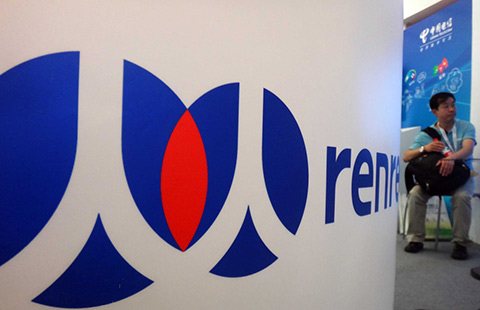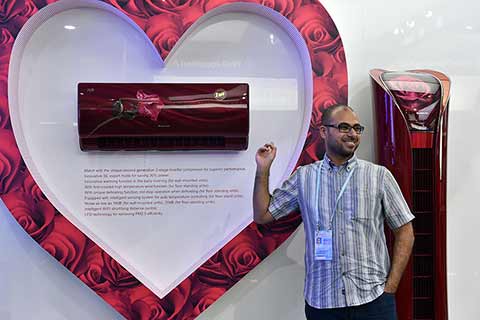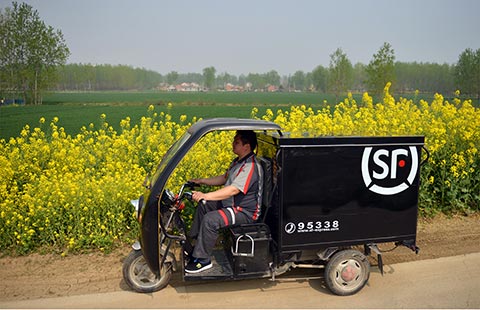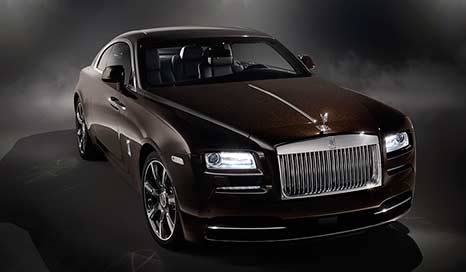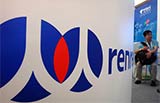Foreign truck brands ready to rumble
By Wang Chao (China Daily) Updated: 2012-10-19 17:30For example, a Foton truck costs on average 220,000 yuan. After being fitted with Mercedes-Benz engines, the price would be much higher.
Foreign truck manufacturers cannot compromise on safety and quality, on which their reputation rests, but they can elsewhere by making the essential component of the vehicles cheaper - the engine.
Assembling a truck is not expensive, and is little reflected in the total cost of a product. Companies cannot make much profit from it. But a considerable amount comes from key components such as engines.
Generally, a Chinese-made engine accounts for 20 to 25 percent of a truck's cost. Using an imported engine would make it 30 percent.
Another international heavyweight, Daimler Trucks, sold 6,000 trucks in China last year, representing about 50 percent of the high-end truck market.
Last year, its joint venture with Beiqi Foton Motor Co was approved by the Chinese government, and they have started to build an engine plant. The major products of Foton are Auman heavy-duty trucks and Mercedes-Benz OM 457 heavy-duty engines.
Mercedes has joint ventures in India, Japan, North America, Western Europe and Latin America, but none of the products are suitable in China, as different markets have different requirements and demands.
"It's very difficult to participate in the Chinese market if we don't have the proper products," says Stefan Albrecht, executive vice-president of Beijing Foton Daimler Automotive Co. "So we have two options - either we create our own brand in this country, like we did in India, or we find a local partner."
In the joint venture, Foton contributes the brand and business, and Daimler the technology, engine, cash and management skills.
Wu Yuejun, president of Beijing Foton Daimler Automotive Co, outlines the mutual advantages:
"Daimler trucks now have a lower-end product line, which will not compete against its traditional high-end market. Through this joint venture, Daimler now accelerates its steps into the emerging market."
The vehicle produced by the joint venture will be medium-end, cheaper and with a shorter lifespan than a high-end truck.
"It is a very good choice for Daimler because Foton is a top player in China," Albrecht says. "It took more than a decade (for Foton) to establish such a position, so we decide to develop the partnership with it."
The joint venture will build up an engine plant in China expected to go into production around 2015. Until then, engines will be imported from Germany.
"By developing with the Chinese joint-venture, we will be the leader of the 'mixed trucks' sector," says Albrecht.
Customers will be able to choose between models with Chinese or Mercedes-Benz engines.
The market trend is for trucks with stronger engines, says Wu.
"It puts higher demand on engine manufacturers as the market gradually moves upward, and the German engine will have more followers in the medium- and high-end market," he says.
The number of high-end customers is also growing, Wu adds. They come from large State enterprises, established private enterprises, and some logistics companies, transporting dangerous or time-sensitive goods that cannot afford breakdowns.
Alas, almost all foreign truck makers are trying to grab the medium-end market share, and analysts foresee fierce competition.
To get a head start on the competition, Foton-Daimler is investing 500 million yuan to establish an R&D center in China.
- Alibaba's YunOS becomes world's third-largest smartphone OS
- Chinese agribusinesses to hold 'match-making' event in New Zealand
- UAE's major port operator seeks benefits from China's Belt and Road Initiative
- Nigeria, China currency swap forces US dollar rate down
- CSSC profit jumps in 2015
- China's growing investment in US not 'Trojan Horse'
- Belt and Road Initiative to benefit Asia with Chinese investment
- Designers recycle metal waste into artwork


